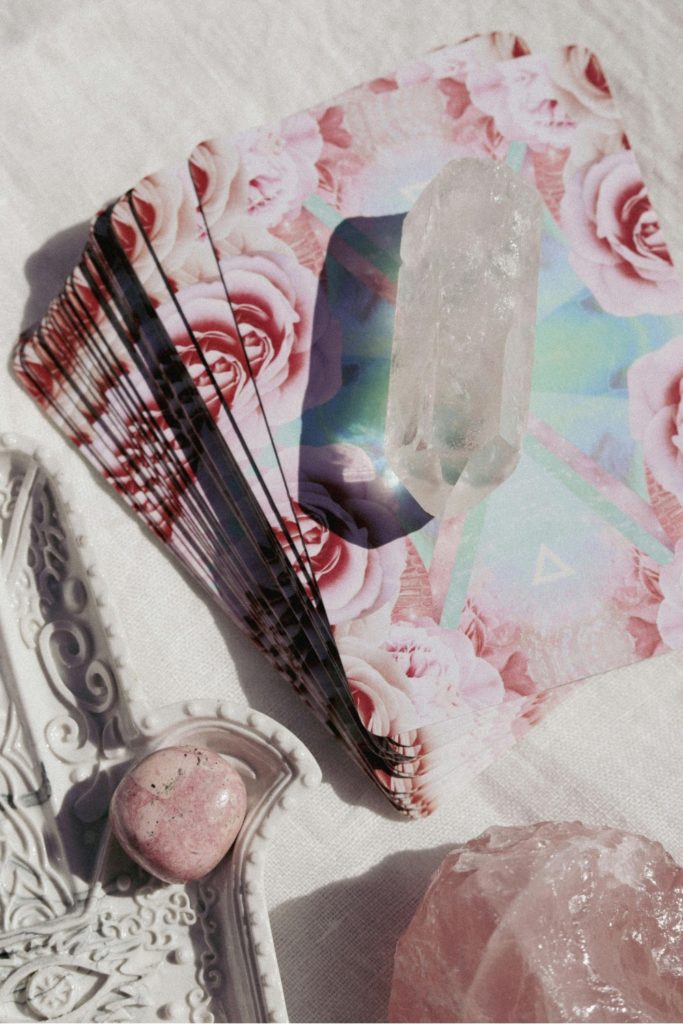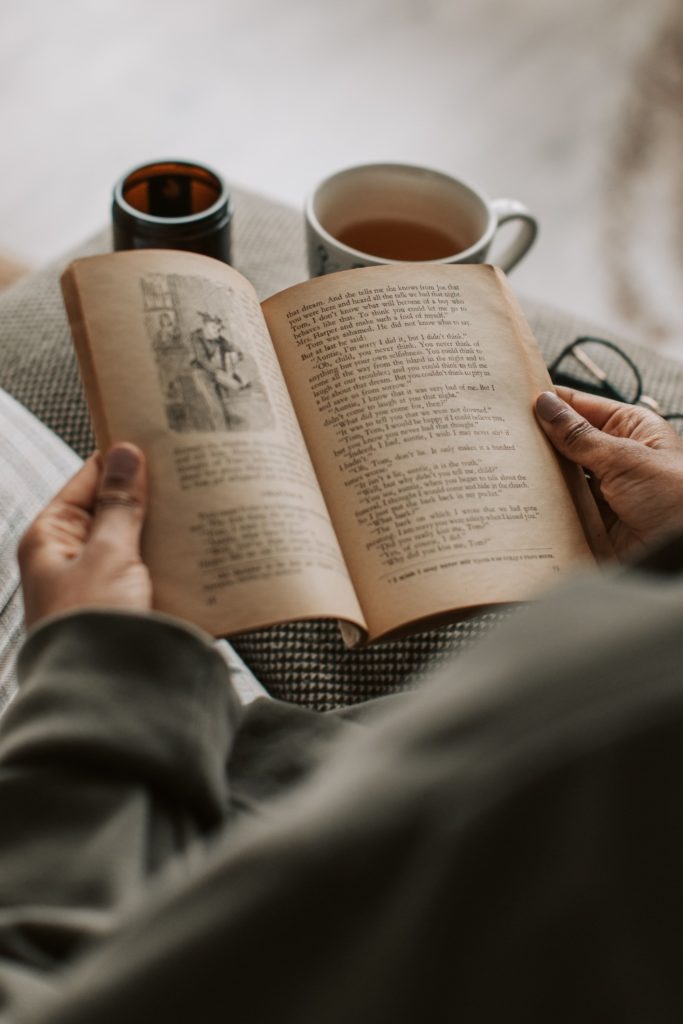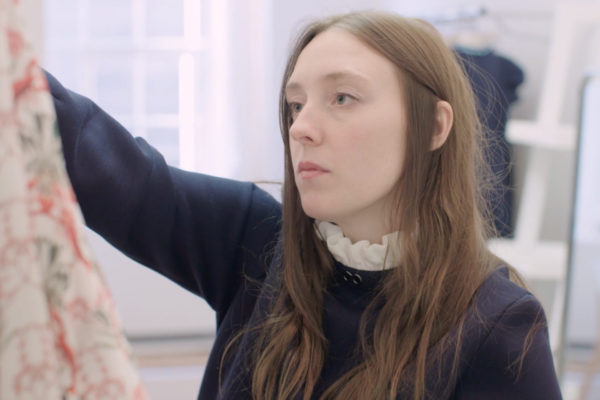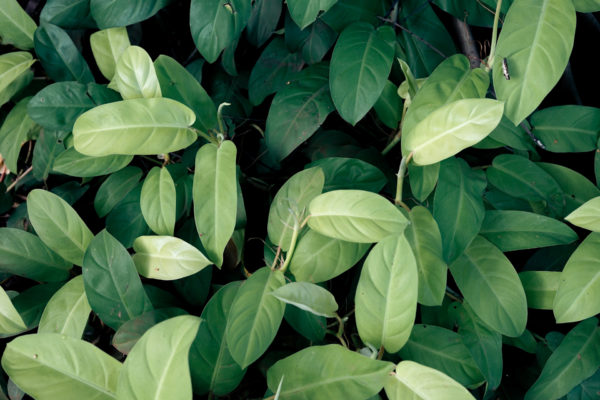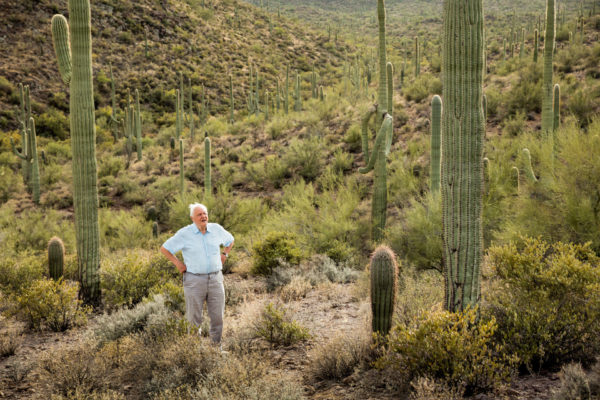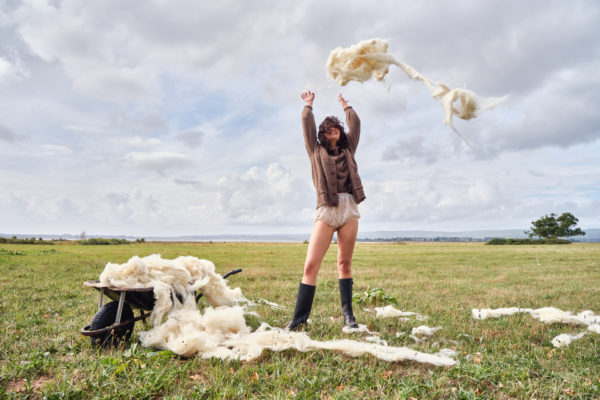Fashion Reimagined: An Interview With Its Makers
By
3 years ago
Get inspired for a greener wardrobe

New documentary Fashion Reimagined will make you re-evaluate your relationship with clothing, says Charlie Colville.
A New Documentary To Make You Reconsider Your Wardrobe
While fashion has never had the cleanest record when it comes to the planet, last year it hit new (and shocking) lows. According to stand.earth’s 2022 Fashion Supply Chain Emissions Report, the industry is responsible for up to eight percent of annual climate emissions – making it the sixth biggest polluter in the world. Despite a greater awareness of fashion’s impact on our world, many brands continue to do little in the climate fight (or hide behind greenwashing claims to appease shoppers).
We’re used to seeing the horrible effects of fashion on the planet documented in film, from mountains of clothes in landfills and microplastic-filled oceans to the cruelty inflicted on animals used in supply chains. But where other fashion-focused documentaries rely on fatalism and fear-mongering, new film Fashion Reimagined shifts the focus onto the people creating solutions. Enter Amy Powney, the Creative Director of Mother of Pearl. In the eight years she’s been in the role, she’s rebranded the label into a sustainability-focused trailblazer. ‘When I took over the brand, I knew sustainability was the direction I wanted to take. When Mother of Pearl won the Vogue Designer Fashion Fund in 2017, that became the perfect opportunity to do what I felt passionate about.’
A Meeting Of Minds
That year was also when Amy met Becky Hutner, a Toronto-born filmmaker who was covering the Vogue award at London Fashion Week. ‘We did a short film at Amy’s house after she won,’ says Becky. ‘I asked her what was next in her career, and she told me that she was on this mission to create a sustainable collection from field to finished garment. She wanted to see the sheep that made her wool and meet the cotton pickers who grew her cotton. At the time, I really wanted to direct and produce my first feature. Meeting Amy was a lightbulb moment.’
The resulting documentary, which follows Amy as she makes her supply chain fully traceable in time for London Fashion Week, draws on a combination of harsh figures and uplifting storylines to drive home a sense of urgency for change among fashion brands and shoppers – and also a sense that this change is indeed possible. ‘The stats are really powerful, aren’t they?’ muses Becky. ‘They seem to really stick in people’s minds.’
They are also what makes Amy’s achievements on screen seem so much more motivating. ‘I guess we wanted to shock and inspire,’ the designer says. ‘With stats alone, it’s too scary to do anything about – that’s why we have this hopeful story running alongside. If you shock, then inspire, you might get people leaving the cinema thinking they can do something about what they’ve just seen.’
And shock and inspire is what Fashion Reimagined does. Becky captures every moment of Amy’s journey – the highs and the lows – and puts a spotlight on the many hands that help the designer create her collection. Audiences get to meet hardworking communities from all over the world, from the team at Austrian steam-powered textile mill Seidra and the Uruguayan family-run wool suppliers Lanas Trinidad (led by the lovely Pedro) to the Turkish ex-prisoners weaving denim with the help of SARP CEO Uraz Batur. An extensive global network of people, connected by Amy’s brand, unfurls onscreen.
Adjusting The Process
The experience really resonated with Amy, who has since adjusted her design process to centre around her fabrics. ‘Creating clothing has become a more thoughtful process for me. The amount of respect that you give your fabric after learning about it is tremendous. Think about how many hands touch a metre of fabric before you, the carbon footprint from making it, every process involved. It’s epic.’
‘That’s really something that we wanted to achieve with the film,’ adds Becky. ‘We wanted to show audiences all the different processes involved in making clothes across a very complex global supply chain, with the hope that it will give people more appreciation for their clothes.’
The film also gave Amy opportunities for self-reflection. She was raised by activist parents and lived with her family in an off-grid caravan in rural England, working on farms during most of her teenage years. This background made her feel more connected to the farmers and craftspeople she met during filming. ‘I think it came full circle for me. They felt like the people I grew up with, and it made the whole process feel warm and authentic.’
‘She’s experienced two very, very different worlds,’ highlights Becky, who went with Amy to visit her parents shortly before working on Mother of Pearl’s new supply chain. ‘I remember at the beginning of the documentary, Amy asking, “How can I marry these two different people in my head?” It seems like such a contradiction, the London fashion side and the environmentalist side, but she brings them together so effortlessly.’
Amy’s upbringing outside the fashion industry’s inner circles is never shied away from in the film. Instead, it’s celebrated for the refreshing perspective it’s given her later down the line. This running narrative was a huge source of pride for Amy: ‘I just love that Becky saw all the hard work and energy I had put in since I was a child, and that it’s been woven into the story. It stopped the documentary from just being all about facts and figures and gave it this greater quality of humanness and possibility. It sends the message that if this kid from a caravan can do it, we all can.’
‘When I met Amy in 2017, I had not met anyone who was embarking on the same kind of mission as me,’ says Becky. ‘I’m really proud that we managed to make a film on a really difficult topic in a way that was non-preachy and hopeful, even light and entertaining at times. It was important for us to get the tone of the film right, especially since a lot of environmental films are heavy and can leave you in quite a dark place at the end of it. People like Amy and Chloe [Marks, Mother of Pearl’s Brand Manager] are such wonderfully inspiring characters, and it was such an enjoyable journey. They’re presenting us with solutions.’
There’s Still Work To Be Done
While the documentary may be complete, Amy and Becky maintain that there is still work to be done. ‘Right now, sustainability for a brand is a voluntary endeavour. It’s not mandated in any way,’ says Becky. ‘We need to look at legislation because unfortunately most major brands are not going to fundamentally change. That’s why we’re running an impact campaign alongside the release of the film. We want to see how our film can support change in policy making, if we can show members of government what is happening so that we can move the needle and get these policies over the line.’
The concept of impact has become a huge priority for documentary-makers in recent years, Becky tells us, especially when they want to drive change. It’s hard to measure, and many films ultimately disappear off the radar, but today’s creatives are actively seeking ways to engage with audiences beyond the screen. ‘It’s all about leveraging your film to ensure that it makes the maximum impact. In our case, to do that, we need to show it to members of government, students and fashion brands. It’s about getting your film in front of the right people and planning activities that encourage engagement.’
‘We’re going to be setting a live project for graduate fashion students working on their final collections,’ continues Amy. ‘The aim is to encourage future generations of designers to want to make their final collections about sustainability.’
Ultimately, Amy and Becky created Fashion Reimagined to reignite our sense of value for clothing. Between the layers of stats and stories, the two deliver a promising sense of hope – one that will hopefully resonate with future fashion changemakers.
WATCH
Fashion Reimagined is in cinemas now and available on Sky Documentaries and streaming service NOW from 9 April. fashionreimaginedfilm.com





